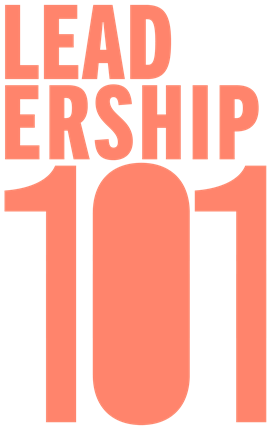There was once a time where the Lord asked a prominent leader a question that we’d all love to hear him say to us: “Ask for whatever you want me to give you” (2 Chronicles 1:7). How did this leader answer?

PART SIX
“Give me wisdom and knowledge, that I may lead this people” (2 Chronicles 1:10, emphasis mine).
The longer I lead, the more often I find myself making this very request to God.
I am often confronted with leadership quandaries that I don’t know how to resolve – challenges that I am at a loss as to how to overcome.
Indeed, even in recent days I have found myself on my knees before God, asking him for wisdom once again. Oh, how I need the wisdom to lead!
The good news is, God is faithful to give it! As James writes:
“If any of you lacks wisdom, you should ask God, who gives generously to all without finding fault, and it will be given to you” (James 1:5).
What a relief! And so in this column we have been exploring together the six pillars of wisdom, each coming with a practice that is designed to posture ourselves to receive the wisdom that the Lord is faithful to give us. Our sixth and final pillar of wisdom is knowledge.
“I am often confronted with leadership quandaries that I don’t know how to resolve”
Pillar 6 KNOWLEDGE
“The heart of the discerning acquires knowledge, for the ears of the wise seek it out” (Proverbs 18:15, emphasis mine).
Wisdom and knowledge are not the same thing, but according to Solomon, the wise “acquire knowledge”.
Think of it this way: You’ve heard it said that “knowledge is knowing a tomato is a fruit, wisdom is knowing not to put it into a fruit salad”. But here’s the thing…neither of them matter if you don’t know what a tomato is! Thus, it is possible to have knowledge without wisdom, but you can’t have wisdom without knowledge.
Charles Spurgeon said it like this: “Wisdom is the right use of knowledge. To know is not to be wise.
Many men know a great deal, and are all the greater fools for it. There is no fool so great a fool as a knowing fool. But to know how to use knowledge is to have wisdom.”
According to Spurgeon then, “wisdom is the right use of knowledge”; wisdom is knowledge properly applied, and thus, knowledge is a prerequisite for wisdom.
So what are we doing to educate ourselves? What are we doing to proactively “acquire knowledge”? Well that’s where our sixth and final practice can help us.
“Wisdom and knowledge are not the same thing, but according to Solomon, the wise ‘acquire knowledge’”
Practice 6 / Read for 20 minutes a day
I was tempted to assign this month’s practice as “put a book in your toilet and leave your phone out of the toilet” but this effectiveness of this strategy depends largely on how long you spend each day on the toilet!
So instead, let’s just shoot to read for 20 minutes a day, shall we?
And the beauty of this practice is that it’s both actionable and achievable, because we easily spend 20 minutes a day on our phones that would be much better spent in a book!
Studies have shown that reading is the easiest way to continue the learning process, to boost creativity and even increase empathy.
As Ryan Holiday neatly surmises: “Whatever problem you’re struggling with is probably addressed in some book somewhere written by someone a lot smarter than you.”
Indeed. So if you want to grow in wisdom, ‘acquire knowledge’.
Pillars and practices
And with that we come to an end of our six-month journey into wisdom. We’ve explored how wisdom is so important, yet so intangible; something we reach for yet struggle to take hold of.
And so we have developed tangible principles and actionable practices that, consistently applied, will cause wisdom to flourish in our lives and leadership.
Here’s a quick recap of all six pillars and practices. (But don’t forget, you can go back to previous issues in your YCW app to get a full reminder of each one!)
1. The fear of God Give more time to scripture than to social media
2. Intimacy with GodStart every day with Jesus (not on your phone)
3. HumilityRespond to criticism with a question, not an answer (or a defence)
4. MarginBook out one day every month in your calendar for prayer and reflection
5. CommunityAsk a mentor to meet with you once a month
6. KnowledgeRead for 20 minutes a daySo how are you getting on with these practices?
Which needs to be a priority in your life and leadership right now?
Which of these principles will you prioritise and protect in order to grow in wisdom?
The decisions we make today will determine the stories we tell tomorrow.
My prayer, then, is that you would build these six pillars and practices into your life, that you too might have the wisdom and knowledge to lead.






































